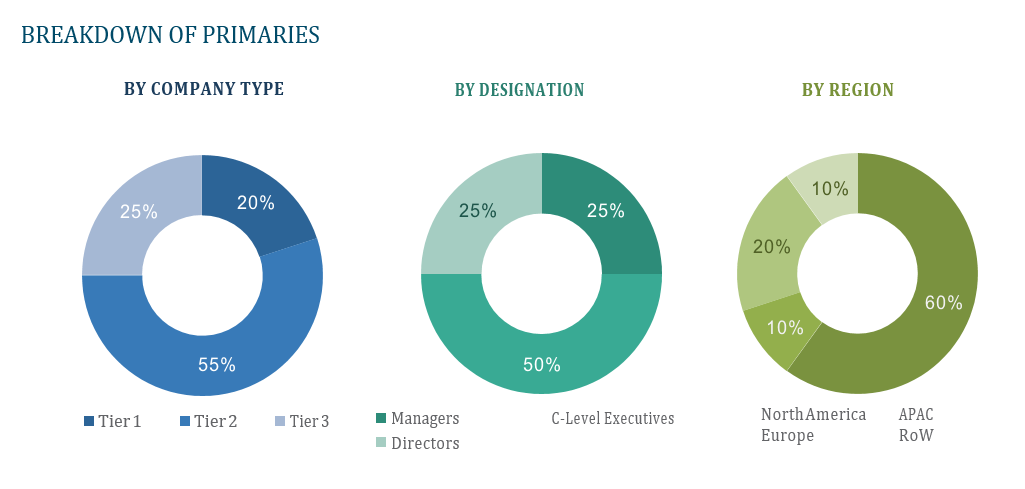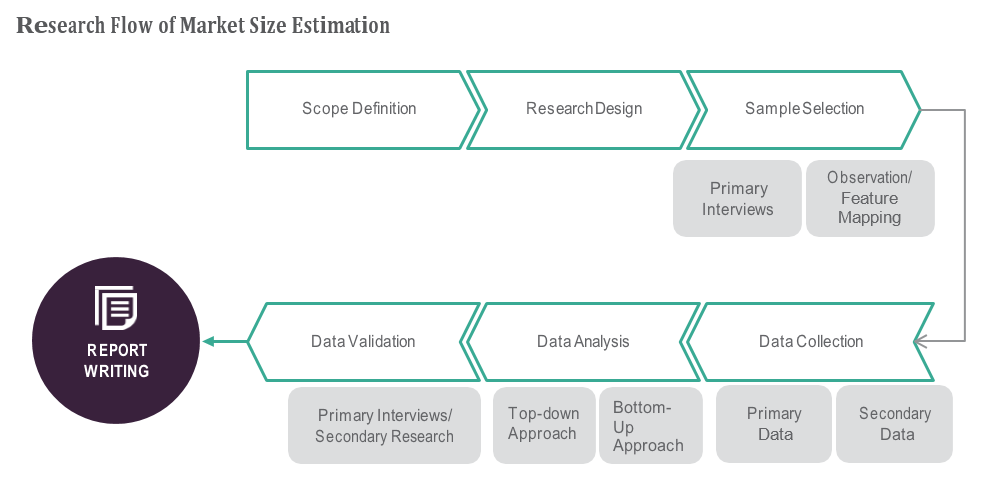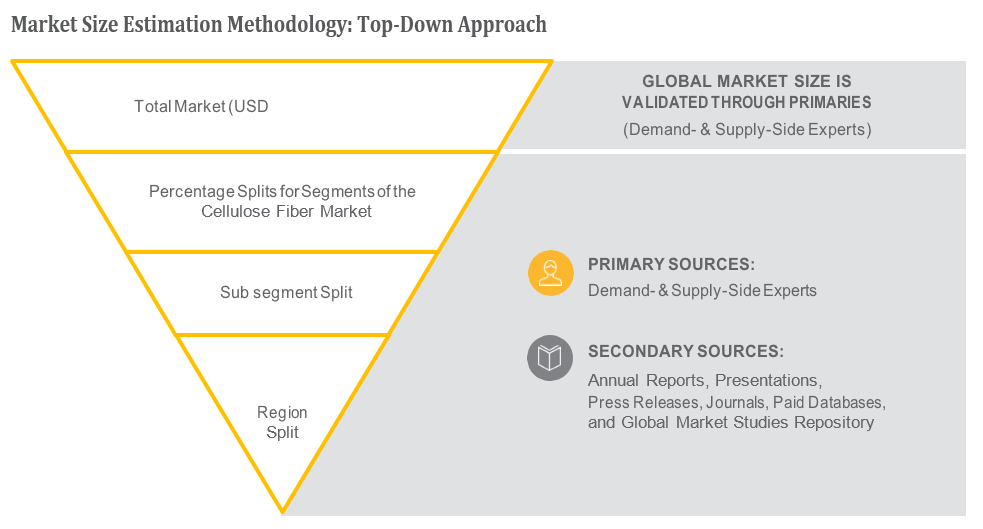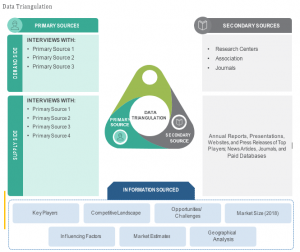OVERVIEW
The Radiation Dose Management Market is currently valued at USD 343 million in 2024 and will be growing at a CAGR of 13.5% over the forecast period to reach an estimated USD 654 million in revenue in 2029. The radiation dose management market encompasses a range of solutions and technologies aimed at optimizing and monitoring radiation exposure in medical imaging procedures. With the increasing use of diagnostic imaging techniques such as CT scans, fluoroscopy, and nuclear medicine, there’s a growing concern about radiation dose levels and their potential health impacts. As a result, healthcare providers are adopting radiation dose management solutions to track, analyze, and minimize patient exposure to radiation while maintaining diagnostic image quality. These solutions typically involve dose tracking software, dose monitoring tools, and dose optimization techniques integrated into medical imaging equipment. Moreover, regulatory bodies are imposing stricter guidelines regarding radiation dose limits, further driving the demand for dose management solutions. The market is witnessing continuous innovation and development of advanced technologies to address the complex challenges associated with radiation dose management in healthcare settings.
Increasing awareness about the risks associated with radiation exposure in medical imaging procedures among healthcare professionals and patients is fostering the demand for dose management solutions. Additionally, stringent regulatory requirements and guidelines mandating dose monitoring and optimization are pushing healthcare facilities to adopt advanced radiation dose management technologies. Moreover, the rising prevalence of chronic diseases and the consequent surge in diagnostic imaging procedures are fueling the demand for efficient dose management solutions to ensure patient safety without compromising diagnostic accuracy. Furthermore, the integration of artificial intelligence and machine learning algorithms into dose management systems is enhancing their capabilities in optimizing radiation doses and improving patient outcomes.
Table of Content
Market Dynamics
Drivers:
Increasing awareness about the risks associated with radiation exposure in medical imaging procedures among healthcare professionals and patients is fostering the demand for dose management solutions. Additionally, stringent regulatory requirements and guidelines mandating dose monitoring and optimization are pushing healthcare facilities to adopt advanced radiation dose management technologies. Moreover, the rising prevalence of chronic diseases and the consequent surge in diagnostic imaging procedures are fueling the demand for efficient dose management solutions to ensure patient safety without compromising diagnostic accuracy. Furthermore, the integration of artificial intelligence and machine learning algorithms into dose management systems is enhancing their capabilities in optimizing radiation doses and improving patient outcomes.
Key Offerings:
Key offerings in the radiation dose management market comprise a comprehensive suite of solutions and services designed to optimize and monitor radiation exposure in medical imaging procedures. These offerings typically include dose tracking software, which enables healthcare providers to capture, record, and analyze radiation dose data for individual patients across various imaging modalities. Dose monitoring tools provide real-time feedback to clinicians during procedures, allowing for immediate adjustments to minimize radiation exposure while maintaining image quality. Additionally, dose optimization techniques, such as iterative reconstruction algorithms and protocol optimization tools, help healthcare facilities optimize imaging protocols to achieve diagnostic objectives with the lowest possible radiation dose. Furthermore, consulting services and training programs are often offered to support healthcare providers in implementing and optimizing radiation dose management practices within their institutions. Combined, these offerings empower healthcare organizations to enhance patient safety, comply with regulatory requirements, and improve overall quality of care in diagnostic imaging.
Restraints :
One significant challenge is the high initial cost associated with implementing radiation dose management solutions, including the acquisition of software, hardware, and staff training. This upfront investment can be prohibitive for some healthcare facilities, particularly smaller clinics or those in resource-constrained regions. Additionally, the integration of dose management systems with existing medical imaging equipment may require complex technological upgrades, leading to further costs and logistical challenges. Moreover, concerns about data privacy and security present another restraint, as healthcare providers must ensure the confidentiality and integrity of patient radiation dose data in compliance with stringent regulatory requirements. Furthermore, resistance to change within healthcare organizations and the need for cultural shifts towards prioritizing dose reduction and optimization practices can hinder the widespread adoption of radiation dose management solutions.
Regional Information:
• In North America, the radiation dose management market is driven by stringent regulatory guidelines and a high prevalence of chronic diseases necessitating frequent diagnostic imaging procedures. The region boasts a well-established healthcare infrastructure with advanced medical imaging technologies, fostering the adoption of radiation dose management solutions. Moreover, increasing awareness among healthcare providers and patients about the risks associated with radiation exposure further fuels market growth. However, the market faces challenges such as high initial investment costs and concerns regarding data privacy and security compliance.
• In Europe, the radiation dose management market benefits from a similar regulatory environment emphasizing radiation safety standards and guidelines. The region’s healthcare systems prioritize patient safety and quality of care, driving the adoption of dose management solutions to optimize radiation exposure in medical imaging. Additionally, technological advancements and collaborations between industry stakeholders contribute to market growth. Despite these drivers, challenges such as budget constraints and the need for interoperability among diverse healthcare IT systems remain prominent restraints.
• In the Asia-Pacific region, the radiation dose management market is experiencing rapid growth due to increasing healthcare expenditure, expanding medical infrastructure, and rising awareness about radiation safety. Emerging economies such as China and India are witnessing significant investments in healthcare infrastructure, leading to a surge in demand for radiation dose management solutions. However, market growth is tempered by challenges such as varying regulatory landscapes across countries, limited access to advanced medical technologies in rural areas, and concerns about data privacy and security. Overall, the region presents immense opportunities for market players amidst its evolving healthcare landscape.
Recent Developments:
• September 2023 – Qaelum NV partnered with I-MED Radiology Network to extend the reach of Qaelum’s DOSE and FOQA in the ANZ region.
• May 2023 – Carestream Health announced the introduction of its novel DRX-LC Detector, designed to improve image quality, patient comfort, and diagnostic confidence, as well as productivity for capturing long-length image in orthopedics.
Key Players:
GE Healthcare, Philips Healthcare, Siemens Healthineers, Bayer AG, Segtra AB, PACSHealth, LLC, Bracco Imaging S.p.A., Novarad Corporation, Qaelum NV, and Medic Vision Imaging Solutions, Ltd.
1) What is the projected market value of the Radiation Dose Management Market?
– The Radiation Dose Management Market is expected to reach an estimated value of USD 654 million in revenue by 2029.
2) What is the estimated CAGR of the Radiation Dose Management Market over the 2024 to 2029 forecast period?
– The CAGR is estimated to be 13.5% for the Radiation Dose Management Market over the 2024 to 2029.
3) Who are the key players in the Radiation Dose Management Market?
– GE Healthcare, Philips Healthcare, Siemens Healthineers, Bayer AG, Segtra AB, PACSHealth, LLC, Bracco Imaging S.p.A., Novarad Corporation, Qaelum NV, and Medic Vision Imaging Solutions, Ltd.
4) What are the drivers for the Radiation Dose Management Market?
– The growing awareness of radiation risks in medical imaging procedures, regulatory requirements, and the rise of chronic diseases are driving demand for dose management solutions. Advanced technologies, such as artificial intelligence and machine learning, are improving patient outcomes and dose optimization.
5) What are the restraints and challenges in the Radiation Dose Management Market?
– Implementing radiation dose management solutions can be costly, especially for smaller clinics or resource-constrained regions. Complex technological upgrades and data privacy concerns can further complicate the process. Cultural shifts towards dose reduction and optimization practices may also hinder widespread adoption, further limiting the adoption of these solutions.
6) What are the key applications and offerings of the Radiation Dose Management Market?
– The radiation dose management market offers solutions and services to optimize and monitor radiation exposure in medical imaging procedures. These include dose tracking software, real-time feedback, dose optimization techniques, consulting services, and training programs. These offerings help healthcare organizations enhance patient safety, comply with regulatory requirements, and improve diagnostic imaging quality.
7) Which region is expected to drive the market for the forecast period?
– North America is expected to have the highest market growth from 2024 to 2029
Why Choose Us?
Insights into Market Trends: Global Market Studies reports provide valuable insights into market trends, including market size, segmentation, growth drivers, and market dynamics. This information helps clients make strategic decisions, such as product development, market positioning, and marketing strategies.
Competitor Analysis: Our reports provide detailed information about competitors, including their market share, product offerings, pricing, and competitive strategies. This data can be used to inform competitive strategies and to identify opportunities for growth and expansion.
Industry Forecasts: Our reports provide industry forecasts, which will inform your business strategies, such as investment decisions, production planning, and workforce planning. These forecasts can help you to prepare for future trends and to take advantage of growth opportunities.
Access to Industry Experts: Our solutions include contributions from industry experts, including analysts, consultants, and subject matter experts. This access to expert insights can be valuable for you to understand the market.
Time and Cost Savings: Our team at Global Market Studies can save you time and reduce the cost of conducting market research by providing comprehensive and up-to-date information in a single report, avoiding the need for additional market research efforts.












